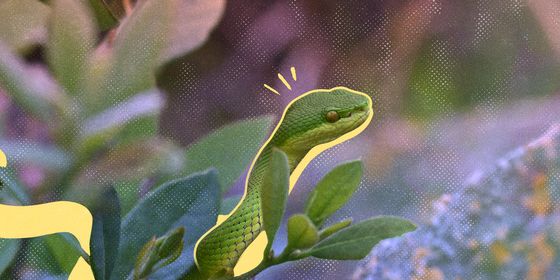How the Buddhist practice of “fangsheng,” the compassionate release of wildlife for merit, gets abused today
On August 26, after three days of effort watched by 37 million cumulative breathless viewers via livestream, officials drained a 200,000 cubic meter lake in Ruzhou, Henan province to find what they were looking for: two specimens of alligator gar, a carnivorous and highly invasive aquatic species endemic to North America, first spotted by passersby in this small city in central China in July.
This wasn’t the only sighting of the so-called “monster fish”: they’ve apparently been reported in a residential compound in Beijing, a park in Qinghai province in the northwest, a tourist site in Guangxi in the southeast, and other sites across China, along with other exotic wildlife such as an endangered Siamese crocodile in Shanghai’s Huangpu River in late September. But this is not the beginning of a doomsday movie: rather, all these animal sightings are believed to originate from a centuries-old compassionate Buddhist practice that has been fraught with abuse in recent years.
Fangsheng (放生), the compassionate releasing of captive animals, supposedly originates from a passage in the Brahmajāla Sūtra saying that one must release animals who are about to be slaughtered. Lay practitioners believe that releasing animals will help them accrue merit, and a 2020 TWOC investigation of the practice showed the many ways that reckless fangsheng could go wrong: freed piranha and venomous snakes have attacked humans, large numbers of fish have died when released into unsuitable waters, and illegal wildlife trafficking networks have sprung up to cater to those willing to pay high prices to release exotic, dangerous creatures for extra merit.
While the latest news puts fangsheng under public scrutiny again, TWOC rounds up some of the most bizarre recent trends in this ritual often associated with the untamable obsession with good karma.












